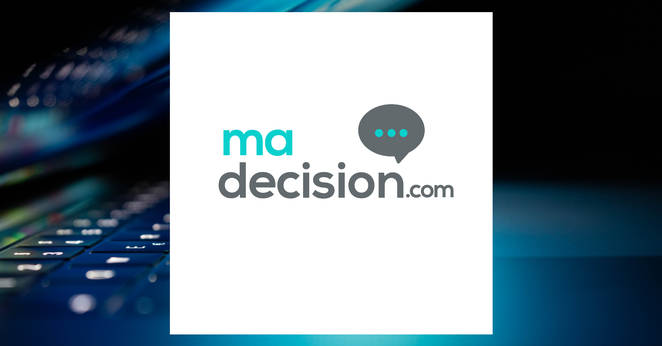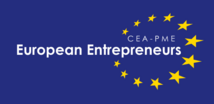The national association is harnessing technology to allow its members to offer their services for independent arbitration and mediation, providing an alternative to the national courts which are suffering from long delays for such cases.
“The legal sector in France has typically been rather cautious in adopting tech solutions, with lawyers nervous of the implications on their roles, but we see real opportunities.” explains Benjamin English, the board member leading the initiative for Eurojuris France. “With mediation and arbitration, cases generally involve relatively large sums of money for the company concerned, which makes action towards a resolution important to them.”
Previously designed and built as a bespoke software solution, the association took over the technology when the original developers withdrew from the market. Now, the platform is migrating to Microsoft Teams, as this off-the-shelf programme has evolved the necessary functionality, and this will cut development costs in future and provide greater ease of access to users.
“Importantly, it allows us to focus on what we believe is most important – the people we have, the richness of the network and the quality assurance that lies at the heart. There are other platforms, mainly focused just on mediation, but users will often find themselves talking to a chatbot or automated tech,” added Benjamin.
“We do not want to sell that sort of service, we want to offer something founded on expertise and quality with a simple, direct route to experts. Our latest iteration is less automated and more interactive, so potential clients are less likely to abandon their enquiry in the early stages.”
Users provide a description of the matter and the digital platform will invite proposals from one to three different Eurojuris France members, identified for relevant expertise.
The president of Eurojuris France, Thierry Voitellier, commented:
“This initiative reflects our strategy to deliver added value for our members in France.
“We are investing significant resources to make it work, and while it is still at an early stage we can see many opportunities to expand the platform in future. We are already building partnerships for work-flows and routes to work with the public administration.”
Much potential lies in making arbitration an option for smaller claims, as generally it is common in France for bigger cases, often involving larger companies. It also supports a recent change in the law in France for small claims, which requires claimants to demonstrate that everyone has tried to reach agreement through mediation before the case is heard.
Benjamin adds: “Criminal cases must wait for their day in court, but for private claims we can create something separate and more efficient, avoiding the delays in the public system. It means a better outcome for everyone by offering something that is not readily available to smaller claimants.”
Benjamin English is co-managing partner of French firm Avril & Marion in Brittany. He has been a member of Eurojuris International for ten years, was vice president of Eurojuris France for three years and is now leading innovation for the board of the French network. Recognized as one of the specialists in the digital transformation of the legal profession, he has engaged with legal tech from the early days.
Benjamin’s legal practice includes commercial law, professional civil liability, business and competition law, recovery, collective proceedings and criminal business law.



